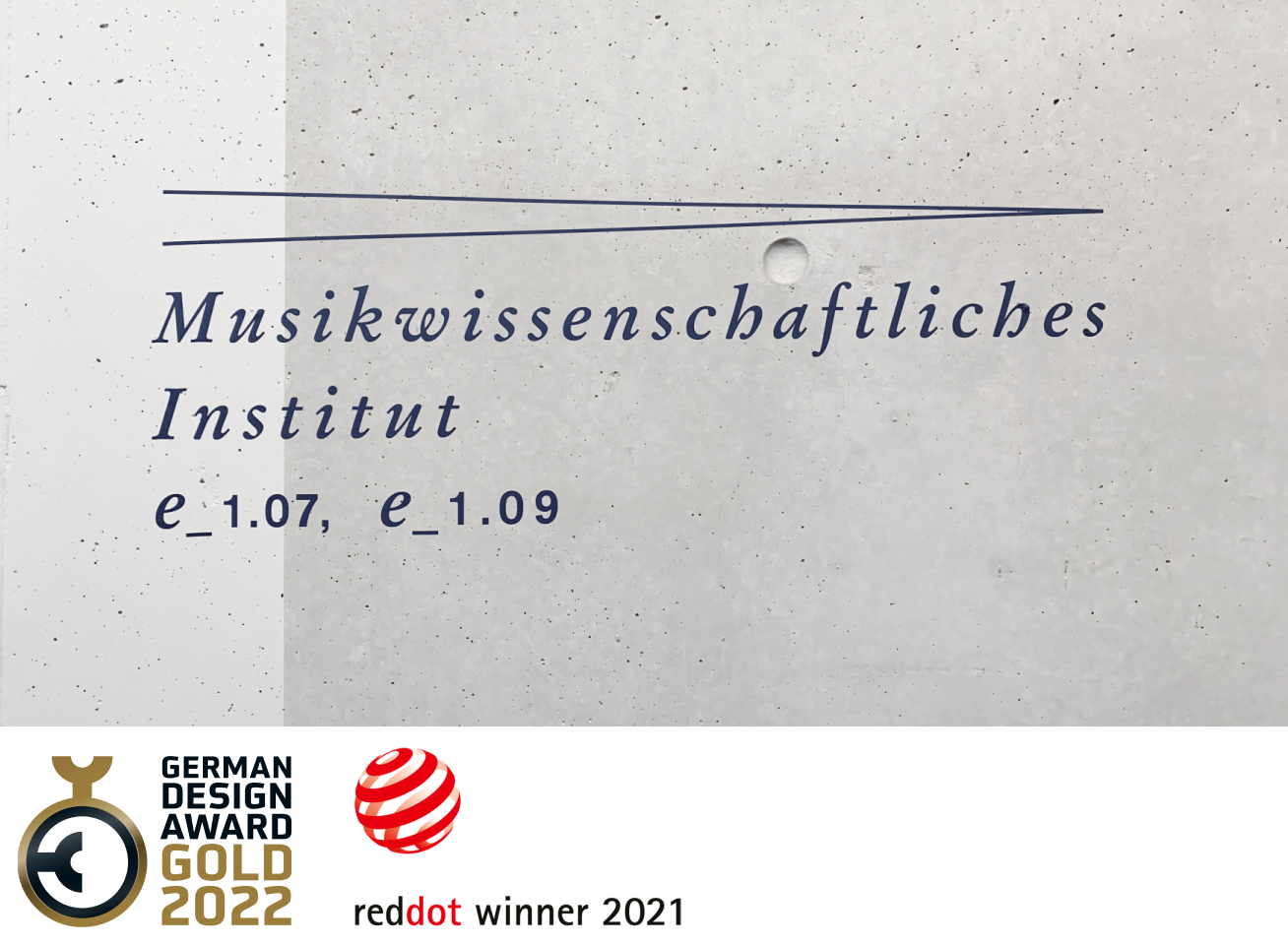The sun is a giant ball of hot gases located at the center of our solar system. It provides light and heat to Earth, enabling life to thrive. Its energy is harnessed through solar panels for renewable power.
The sun will continue to shine for about 5 billion years more, as it burns through its hydrogen fuel. After that, it will enter the red giant phase before becoming a white dwarf.
There is only one sun in our solar system, which serves as a source of light, heat, and energy essential for life on Earth.
The sun is important because it provides us with vital vitamin D, boosts our mood, regulates our circadian rhythm, and supports plant growth for food. Our connection with the sun is essential for overall health and well-being.
Without the sun, ecosystems would collapse, temperatures would plummet, and plants would not be able to photosynthesize. However, life finds a way to adapt and thrive in unexpected conditions.


